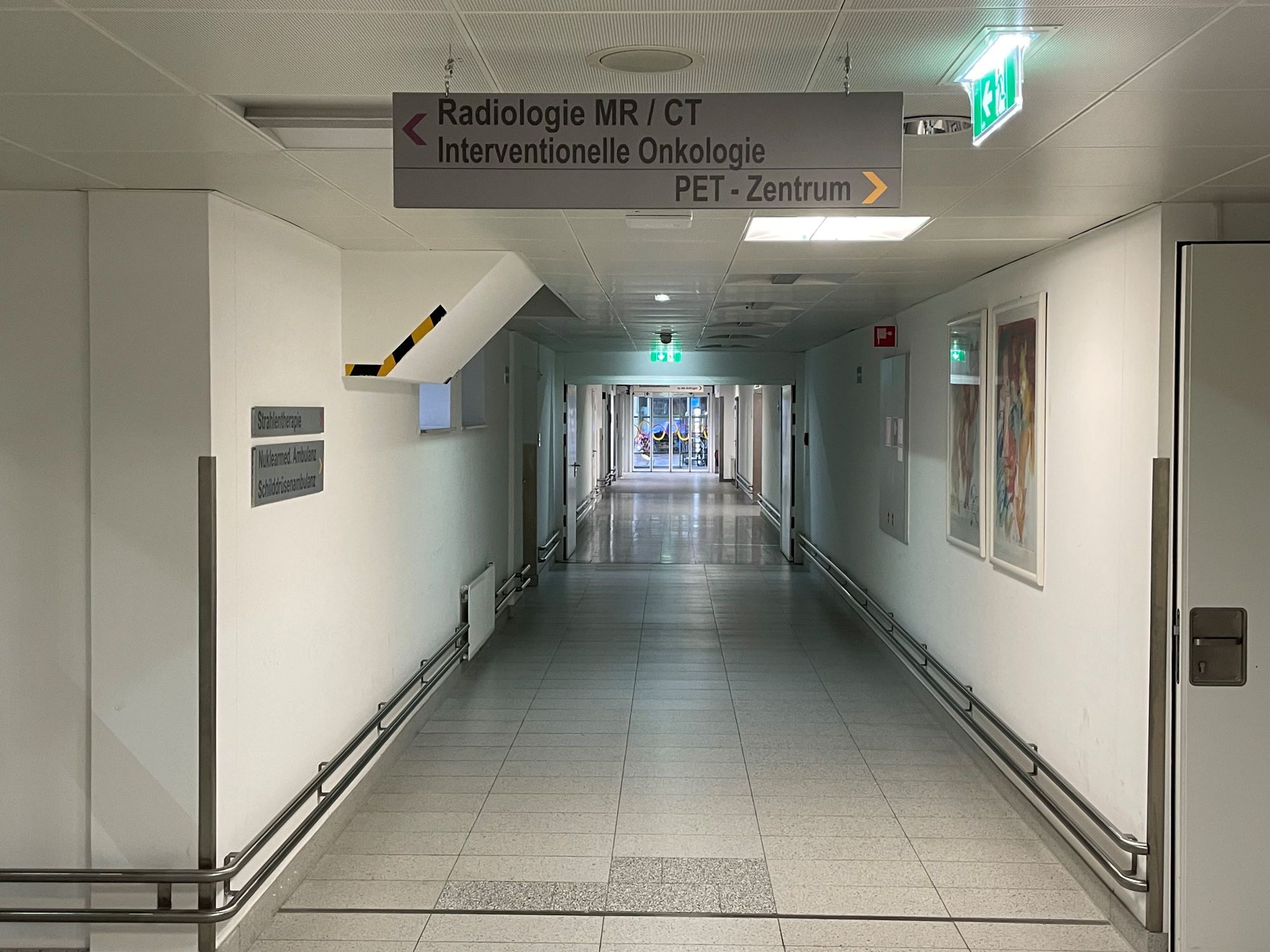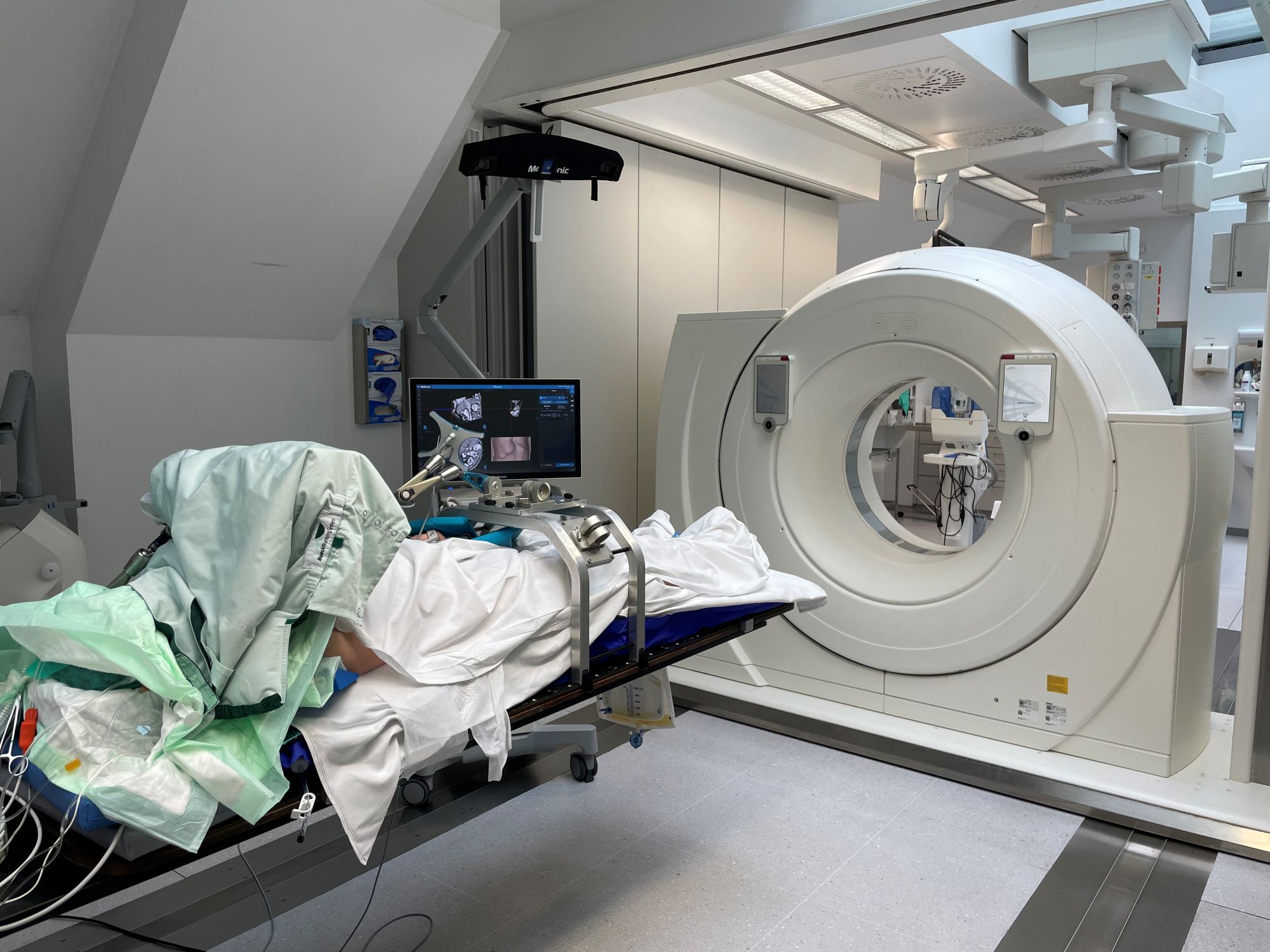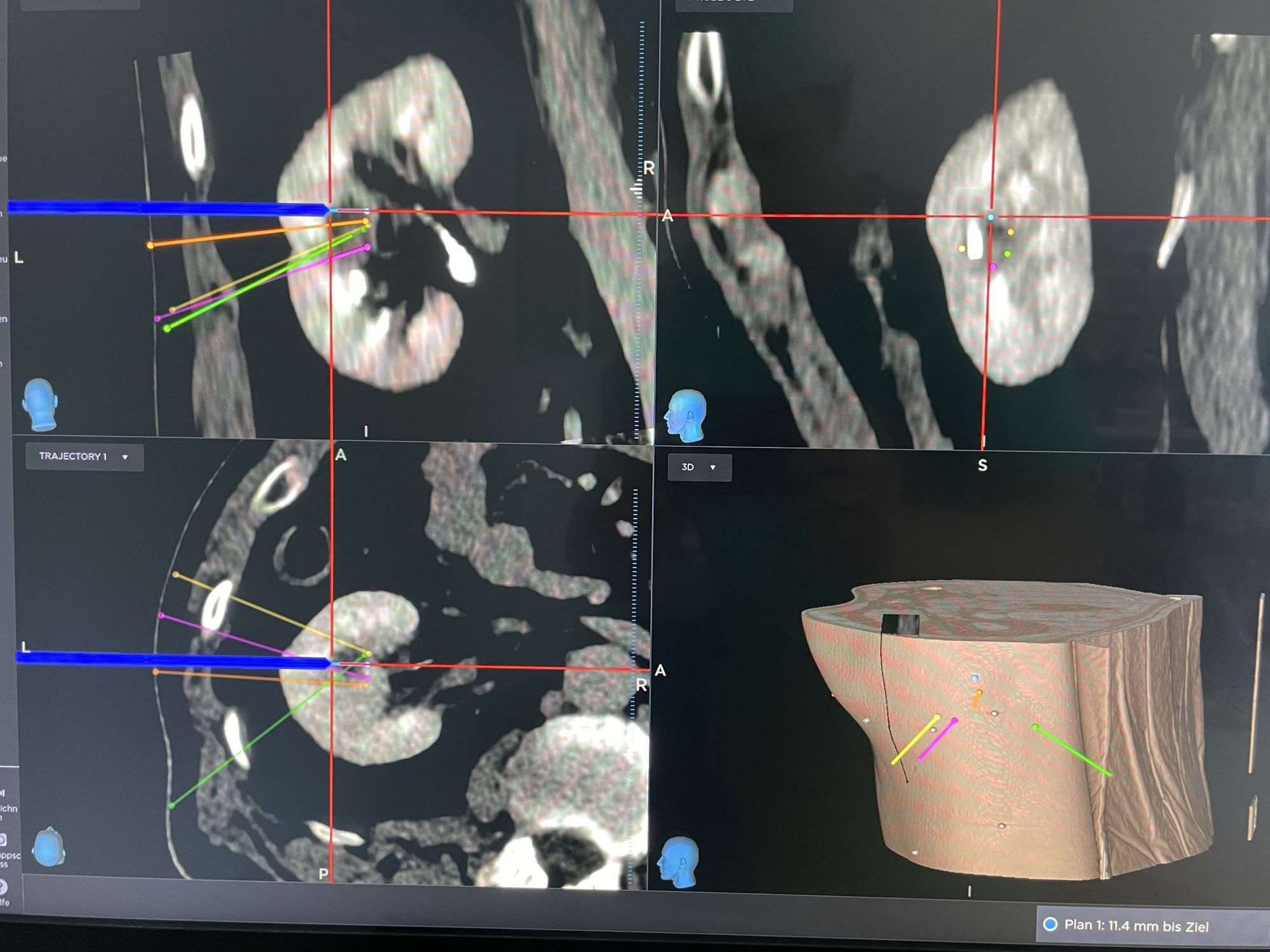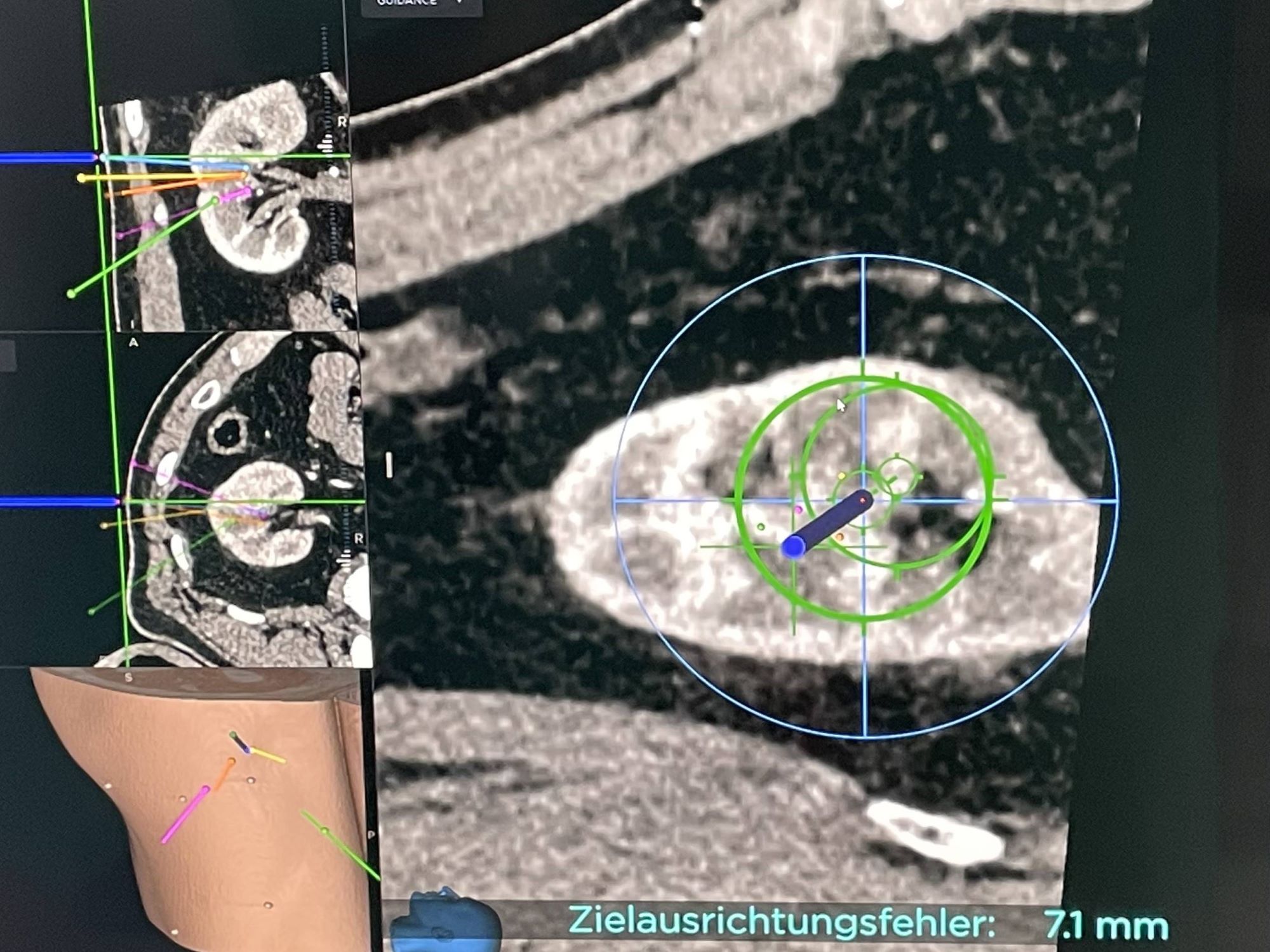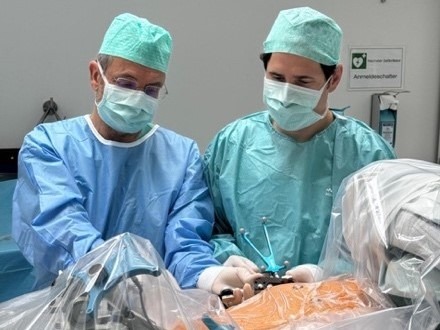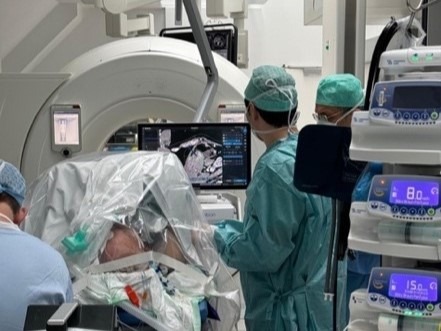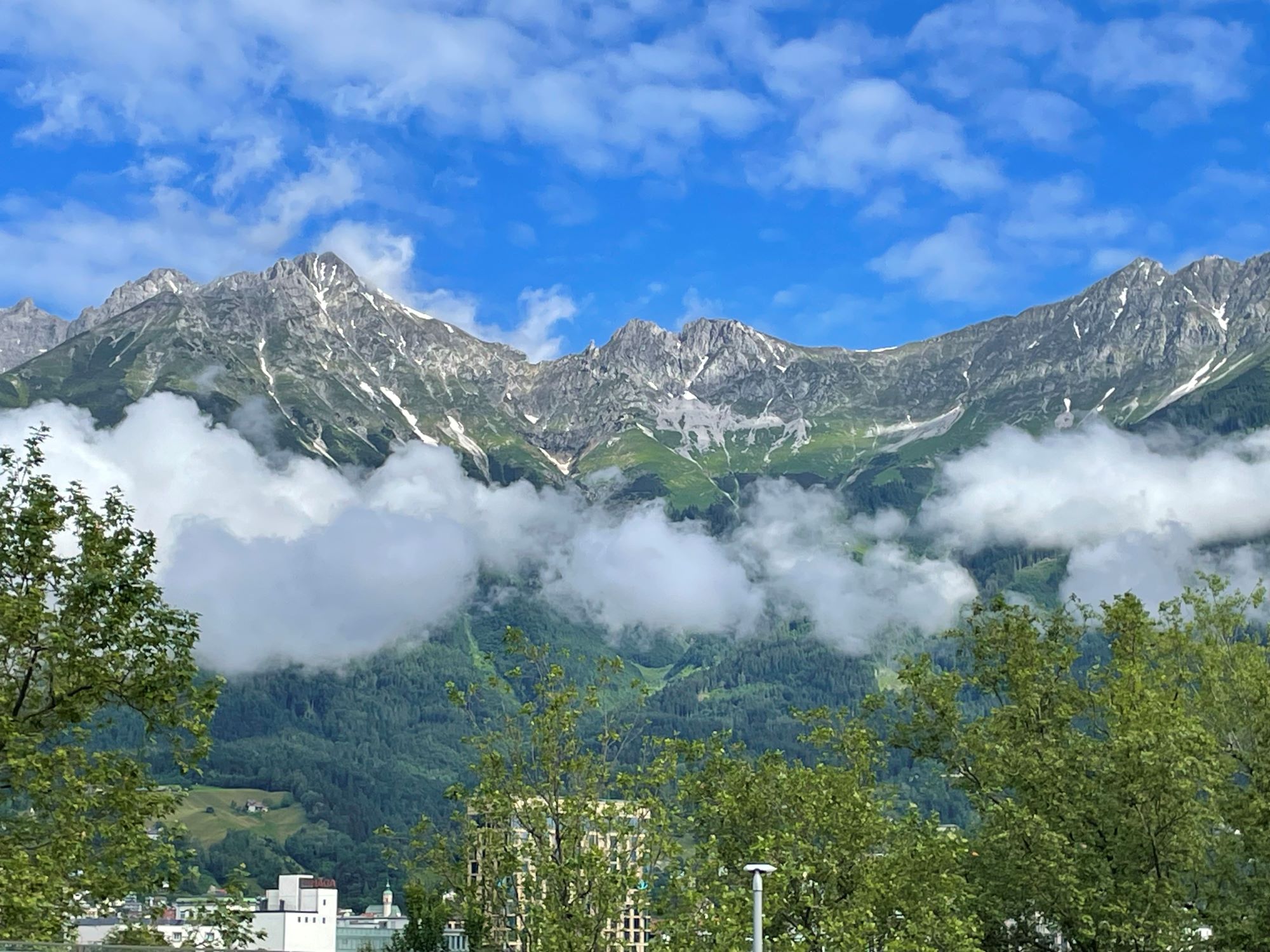By Dr. Maciej Szmygin
I am an interventional radiologist (IR) at the Department of Interventional Radiology and Neuroradiology at the Medical University of Lublin in Poland. In operation for over 50 years, our department treats patients with all sorts of vascular diseases (both intracranial and peripheral) and serves a relatively large region of eastern Poland, with a population of 2 million people. Our hospital is also a stroke centre, with over 200 mechanical thrombectomies performed every year. While the endovascular part of our everyday clinical practice is already well-established, we are now trying to expand our role in the multidisciplinary treatment of oncological patients by offering them various minimally invasive therapies, including chemoembolization and percutaneous ablation. Although we are already quite experienced with the former, the latter is just being introduced in our department. I did not doubt that a fellowship in one of Europe’s most experienced centres in stereotactic thermal ablation and percutaneous tumour and pain treatment would be a great opportunity to learn from the very best. Additionally, the fellowship gave me a chance to revisit Innsbruck, a vibrant city located in the heart of Austrian Alpes, where I spent one year as an Erasmus student during the 4th year of my medical studies.

